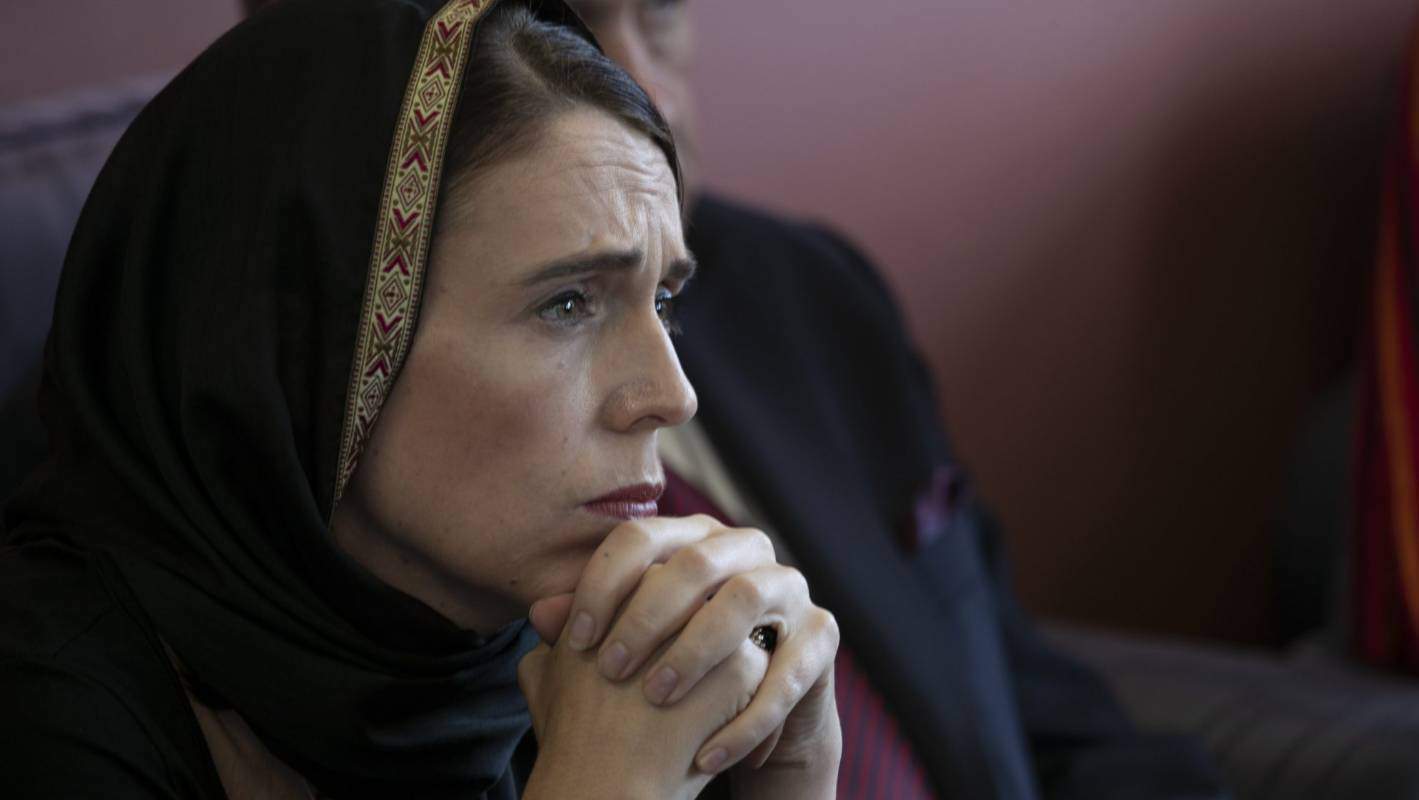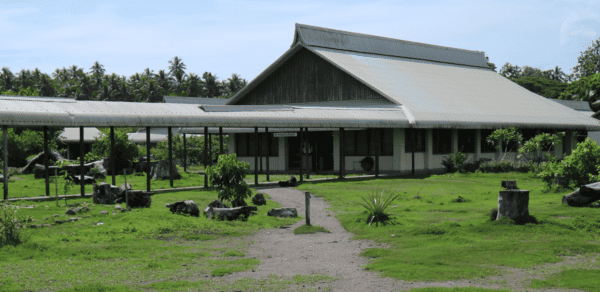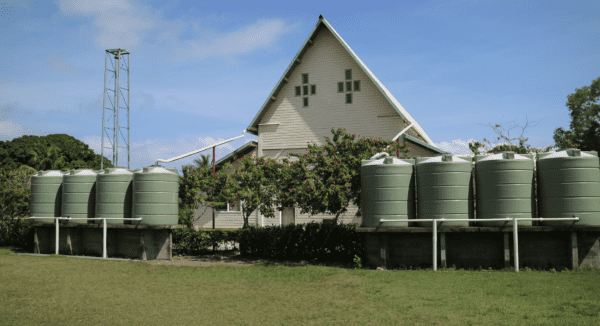Image: Jacinda Ardern, Flickr.
Why did Boris Johnson insist on shaking people’s hands? Why did Jacinda Ardern lockdown so hard, so early? Why did Donald Trump even hint that ingesting bleach might be a cure? These questions, and many others like them, have been rotating through my Twitter feed since COVID-19 turned the world upside down only a few months ago. It’s not that we didn’t discuss the choice’s leaders take previously, but all of a sudden they seem to matter so much more. Very few New Zealanders have been victims of COVID-19 and the country is now basically virus-free. Meanwhile, the US and UK have some of the highest death tolls in the world. Johnson caught the virus and was unable to steer the ship of state during the most momentous weeks of his political career. The choices leaders make can have devastating consequences for individuals and communities.
One lesson, therefore, from COVID-19 for policymakers and practitioners is that we have to spend more time thinking about leaders, either by factoring their influence into our projects and programs, or by equipping them to make better decisions. This is especially the case in the Pacific region where politics and policymaking is highly personalised. In small island contexts the importance of who makes decisions is magnified because: authority rests with individuals rather than the office they hold; leaders have multiple, overlapping roles and responsibilities and so their choices can impact across numerous sectors of society; and politics is profoundly shaped by interpersonal relationships within the elite.
The irony of this lesson, and how fascinated we are about leaders and their choices in this moment, is that we are often guilty of ignoring them the rest of the time. Or, when we do think about them we primarily do so because we want to circumvent their politicising influence. In this view, the ‘court politics’ leaders engage is something to be disavowed. ‘Real’ evidence-based policy should determine what works. And, when confronted with the science leaders should act accordingly.
The problem with this approach is that when we do focus on leaders’ choices it is in an overly narrow, atomised way that explains their actions as the product of the structuring effects of institutions or the logic of utility maximisation. By assuming actors follow a distinct cultural or self-interested script, these approaches don’t leave much room for choice at all. No US president would be so irrational as to suggest ingesting bleach might cure disease, so we don’t need a model or an approach to thinking about them that could explain that type of behaviour. But, if choices matter then dismissing them in this way is a mistake.
COVID-19 has revealed many things about politics and society generally, and the ways policymakers use academic expertise specifically. The philosophical and methodological poverty in the academic study of leadership is (another) one of them. Put simply, we need an approach that allows us to explain how leaders see the world and then act in it. This type of ‘leader-centred’ analysis could then explain why people seek out leadership roles, how their pathways in and through leadership positions frame how they view the world, and how their personality traits and styles inform their choices. And by understanding their choices, we can go some way to explaining why some countries appear to have responded better to COVID-19 than others.
Such a method exists and I have summarised the main features here. It is typically championed by biographers and some psychologists. It used to be quite popular. But it is more often dismissed on the grounds that it perpetuates the myth of the ‘great person in history’ who bends the world to their will. This is a misconception. It is true that sometimes leaders are defined by their ability to see options that others do not. But the range of choices open to them is always framed by their socialisation and personality. Their decisions also take place in a specific context created by the choices of past leaders. We have seen this with COVID-19. Leaders in parts of Asia were much better prepared for this crisis because they had been confronted with these types of decisions previously. Likewise, the choices of Trump and Johnson are framed by decades of decision-making about state funding for healthcare. This context is clearly important.
To account for both individual choices and the context in which they are situated requires an interpretive sensibility, to both policymaking and social science, that views the social world as multiple, contingent, and dynamic. Context frames decisions but does not determine outcomes. People do that. The paths they take have consequences. Both policymakers and social scientists we would do well to remember this lesson when we design projects and programs, and teach and research politics and public policy in future.










